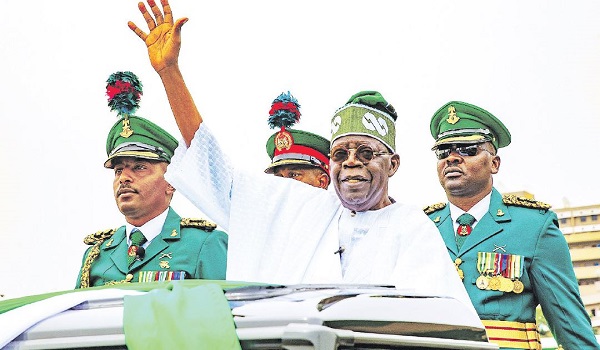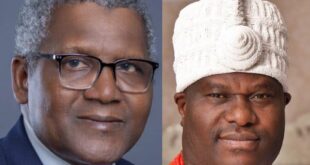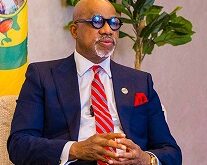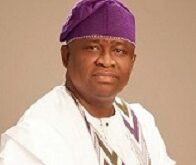BY ABUSATAR HAMED
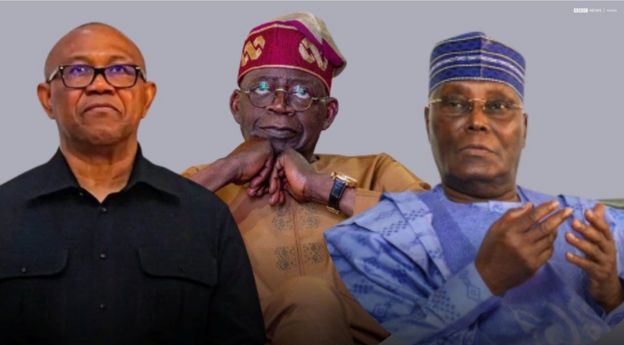 ABUJA – In a significant legal decision, the Supreme Court of Nigeria has confirmed the victory of President Bola Tinubu in the presidential election held on February 25, 2023.
ABUJA – In a significant legal decision, the Supreme Court of Nigeria has confirmed the victory of President Bola Tinubu in the presidential election held on February 25, 2023.
The seven-member panel, led by Justice Inyang Okoro, declared Bola Ahmed Tinubu as the duly elected President of the Federal Republic of Nigeria.
Justice Okoro, delivering the judgment, stated, “On the whole, having resolved all the issues against the appellant, it is my view that there is no merit in the appeal, and it is hereby dismissed.
“The judgment of the lower court, delivered on September 6, 2023, affirming the election of the second respondent as the duly elected President of the Federal Republic of Nigeria, is hereby affirmed,” he added.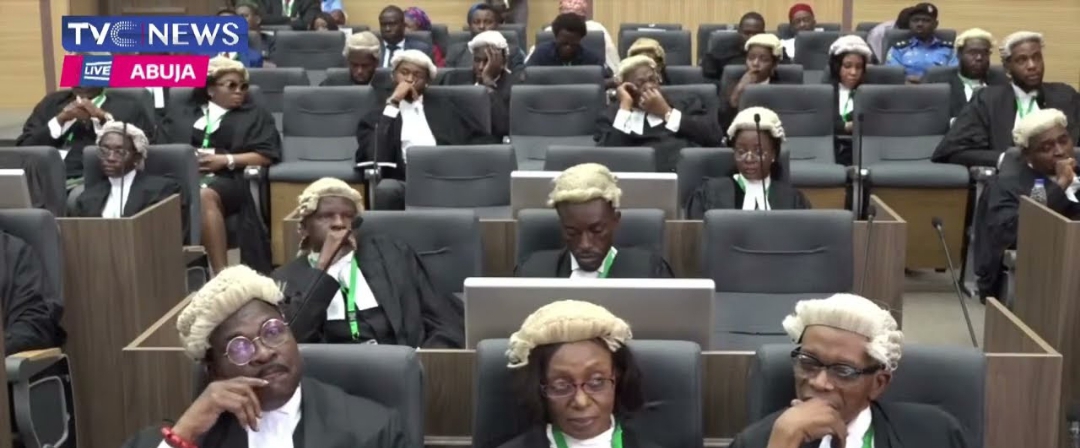
The Supreme Court’s ruling dismissed the appeals of the presidential candidate of the Peoples Democratic Party (PDP), Atiku Abubakar, and the Labour Party (LP) and its candidate, Peter Obi, stating that their appeals lacked merit.
Nigeria’s Supreme Court, in this decision, determined whether to uphold or overturn President Bola Tinubu’s election victory.
The two main challengers, Atiku Abubakar of the People’s Democratic Party and Peter Obi of the Labour Party, had sought to challenge the February 2023 presidential election, alleging irregularities.
The Supreme Court is given 60 days to deliver its judgment, but it decided to expedite the ruling after hearing the arguments of the challengers on Monday, October 23, 2023.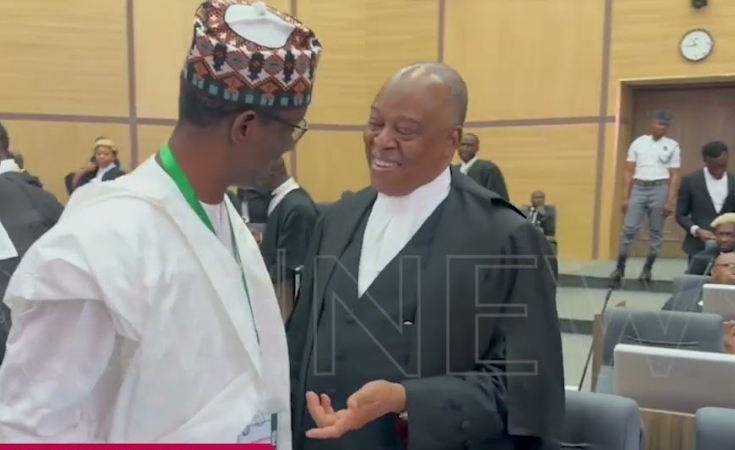
Another matter addressed by the highest court was whether to admit new evidence of alleged document forgery presented by Atiku Abubakar.
The PDP presidential candidate argued that the certificate President Tinubu submitted to the Independent National Electoral Commission differed from the one issued by Chicago State University.
Peter Obi, the other challenger, claimed that President Tinubu was not eligible to contest the presidential election at the time he did.
They both insisted on the Supreme Court overturning the tribunal’s decision that upheld Tinubu’s victory.
It remains unclear whether the Supreme Court will follow the precedent set in previous elections, where no presidential election results have been annulled since Nigeria’s return to democracy in 1999.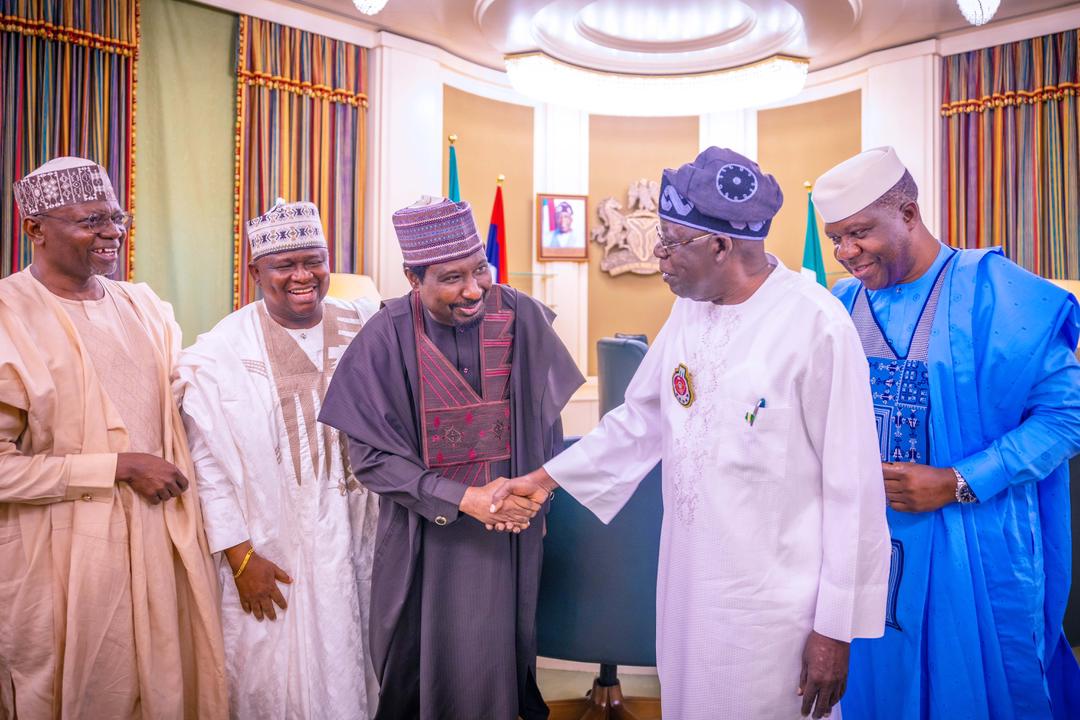
The Supreme Court dismissed the application by the presidential candidate of the Peoples Democratic Party, Atiku Abubakar, to present fresh evidence to support his appeal. Justice Okoro stated that the court lacked jurisdiction to admit new evidence, and the application was in violation of the electoral act.
Justice Okoro emphasized that no amendments could be made by introducing new facts not included in the election petition, as stated in Section 132(7) of the Electoral Act.
He noted that the deposition was not submitted to the lower court within the 180 days they had to do so.
Justice Okoro explained that the court could not activate Section 22 of the Supreme Court Act to admit fresh evidence.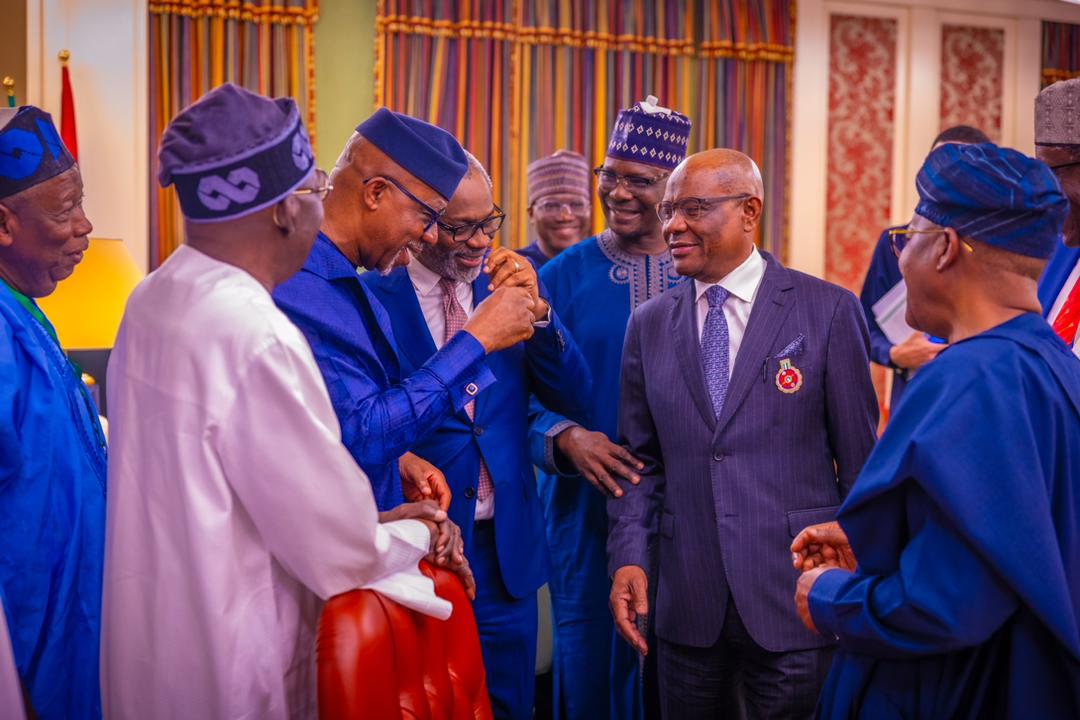
He also pointed out that there was no evidence of forgery in the petition, and admitting the new evidence would prejudice the appeal.
Atiku had brought the president’s credentials from Chicago State University to the apex court to demonstrate that the president had forged the documents he submitted to the Independent National Electoral Commission (INEC) before the election.
The Supreme Court ruled that the non-availability of election results on the INEC Result Viewing Portal (IReV) was not a valid reason to nullify the February 2023 presidential election.
Justice Inyang Okoro made this ruling in response to the appeals filed by Peter Obi of the Labour Party (LP) and Atiku Abubakar of the Peoples Democratic Party (PDP) to challenge the Presidential Elections Petitions Court (PEPC) decision, which affirmed Bola Tinubu’s victory.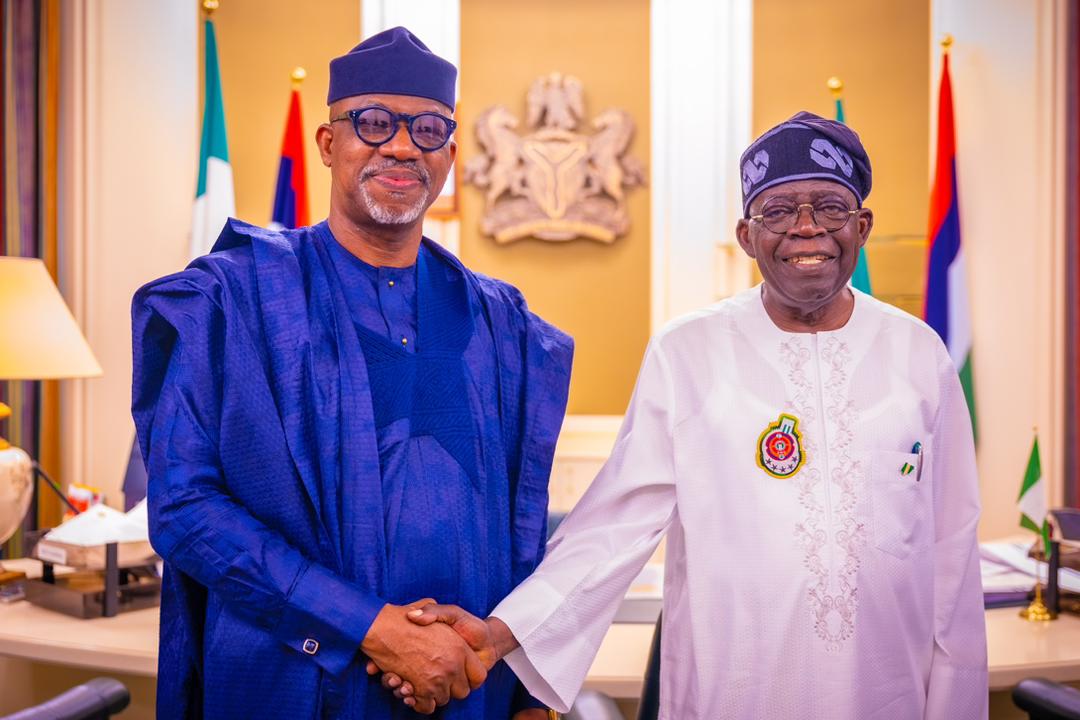
He emphasized that the petition, seeking to nullify the election on the grounds of non-compliance, needed to prove not only how the non-compliance affected the election’s outcome but also provide evidence to support their claims.
Justice Okoro noted that the petitioner did not produce any original or certified true copies of the evidence they intended the court to rely on.
He explained that the Electoral Act empowered the Independent National Electoral Commission (INEC) to determine the best method to conduct elections.
The judge held that the non-availability of presidential election results on the IReV Portal did not affect the election’s outcome.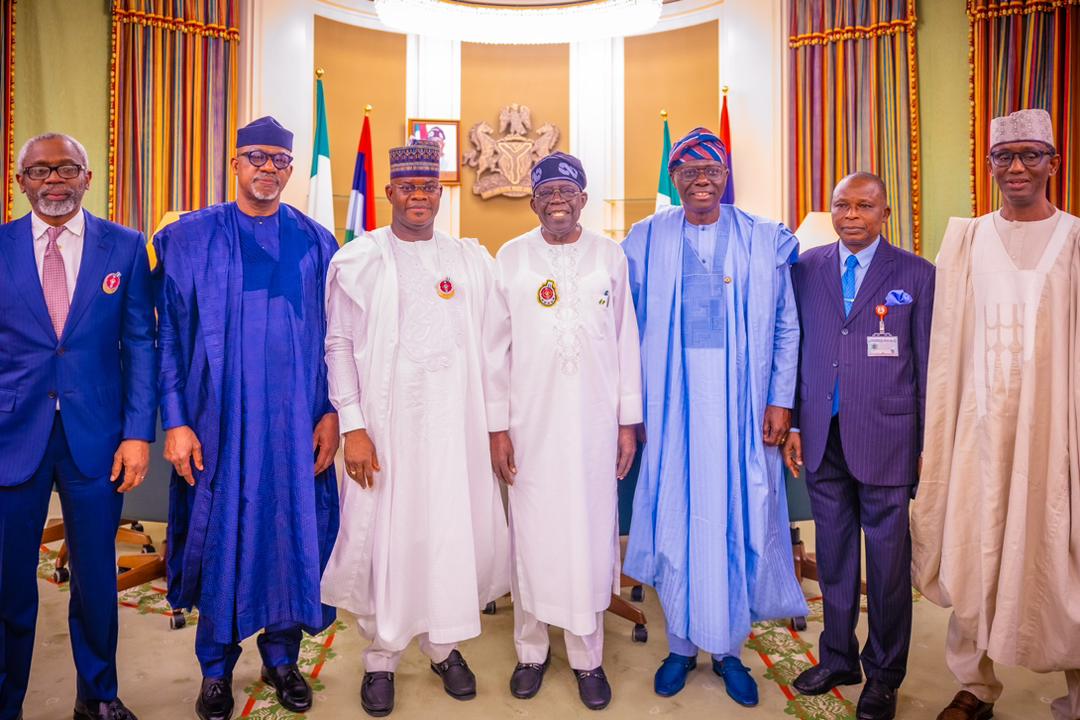
The Supreme Court also upheld the ruling of the Appeal Court, which stated that a candidate does not need to secure at least 25 percent of the votes in the Federal Capital Territory (FCT) to be declared president of the country.
Justice Inyang Okoro agreed with the Appeal Court, asserting that the FCT did not have any special status, and the constitution applied to all citizens, not just a selected few.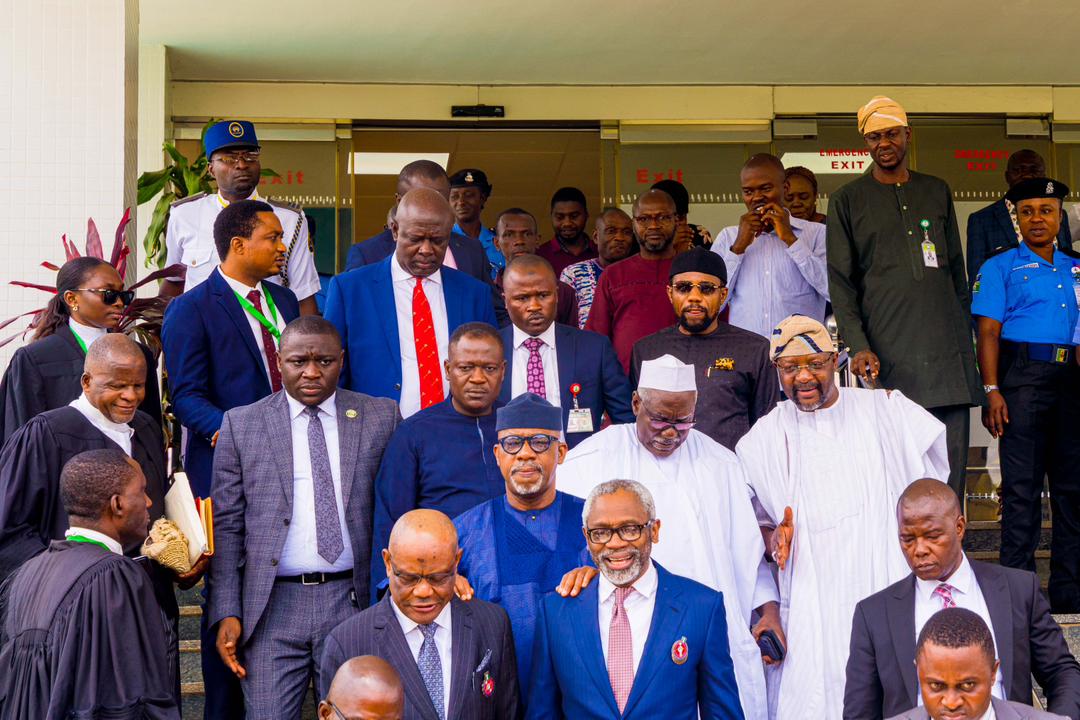
 Startrend International Magazine For Your Latest News And Entertainment Gists
Startrend International Magazine For Your Latest News And Entertainment Gists


